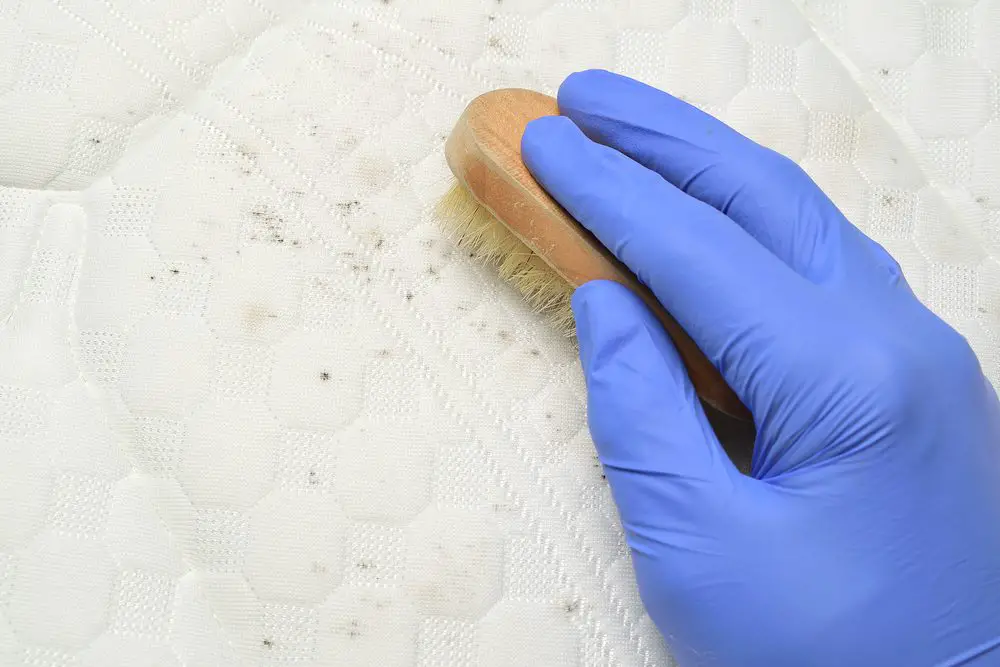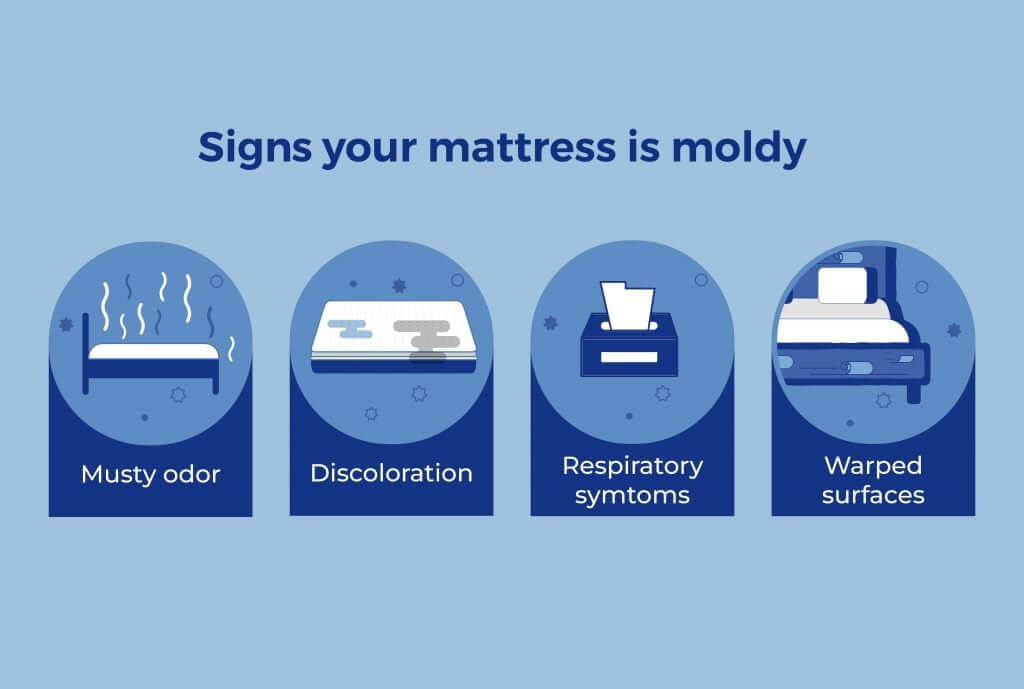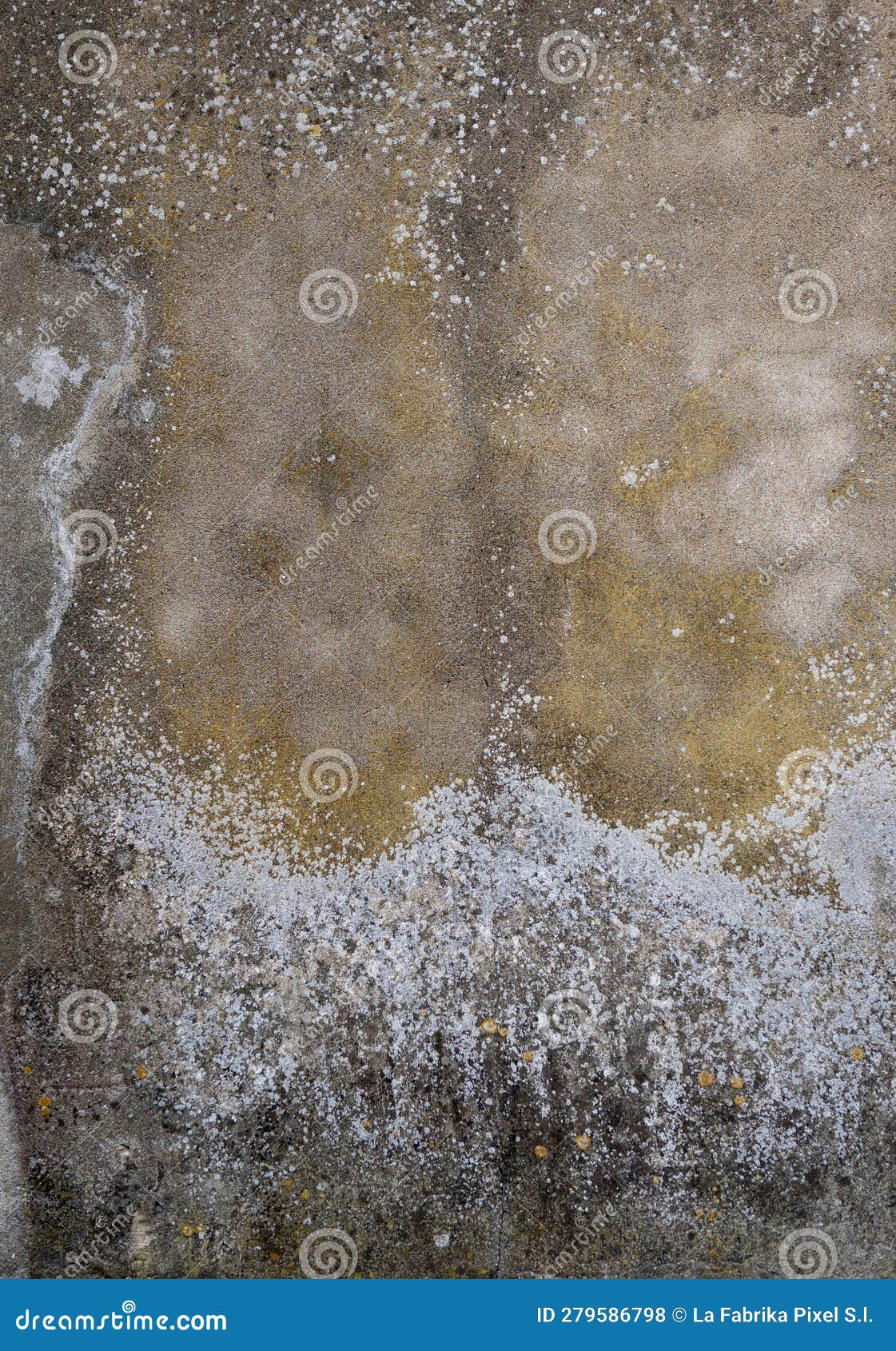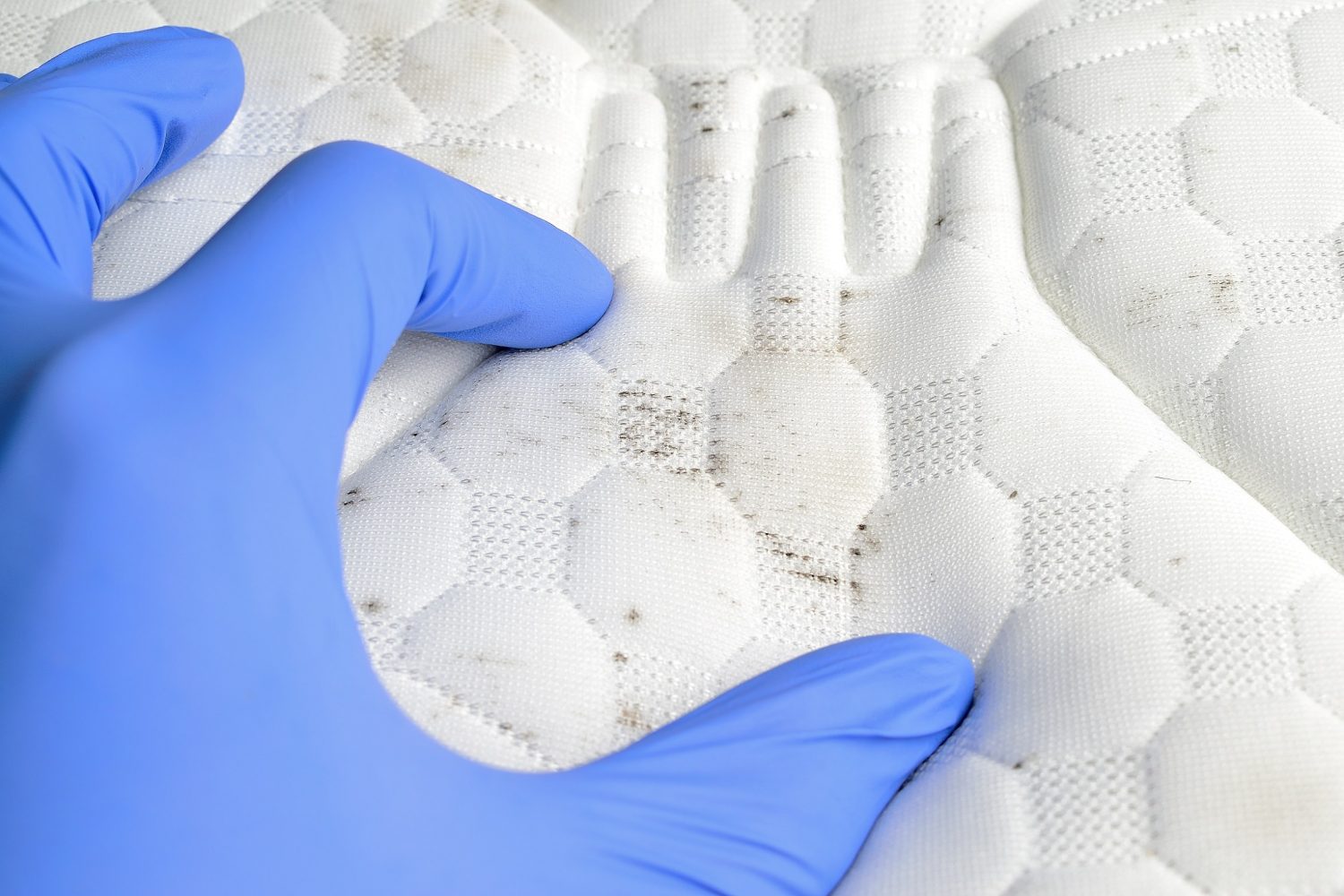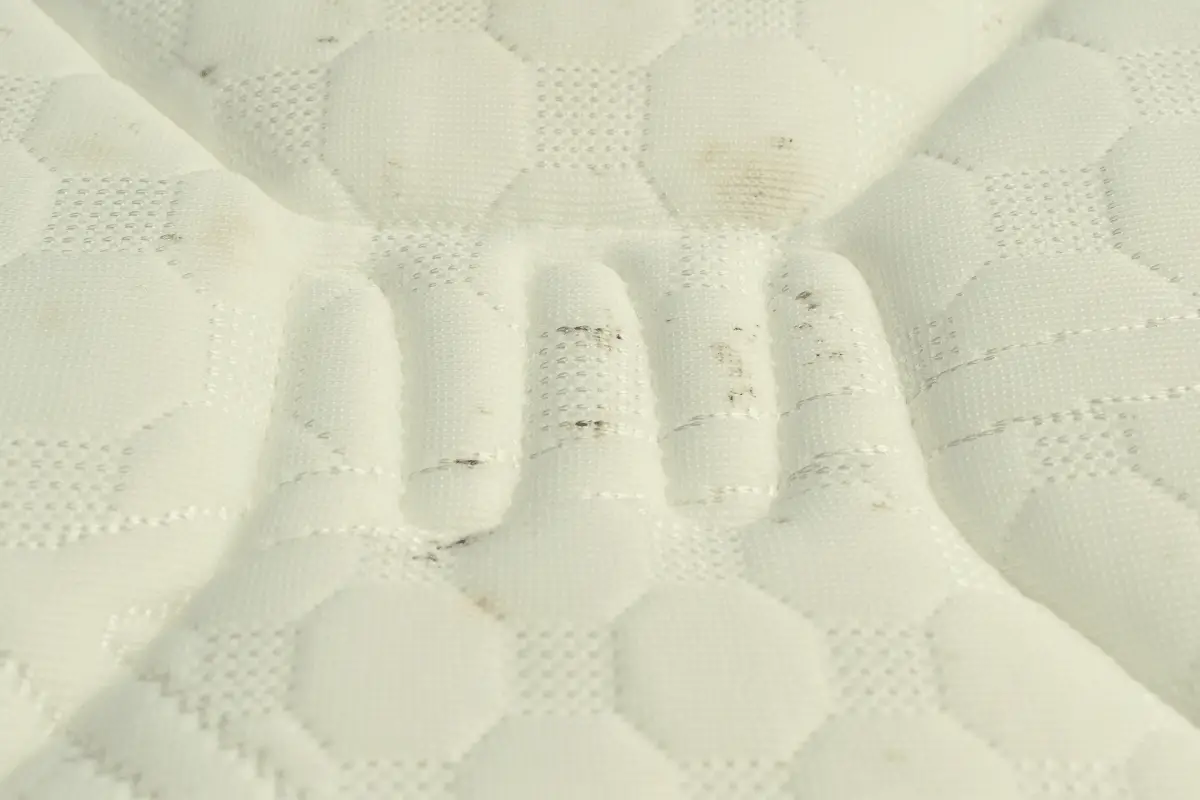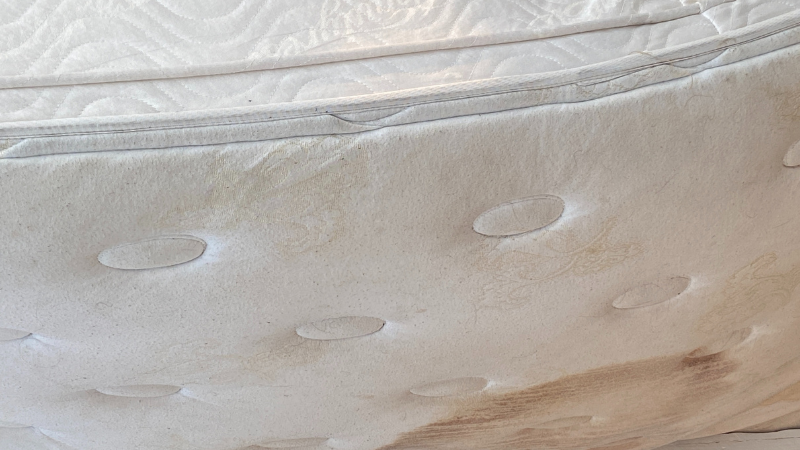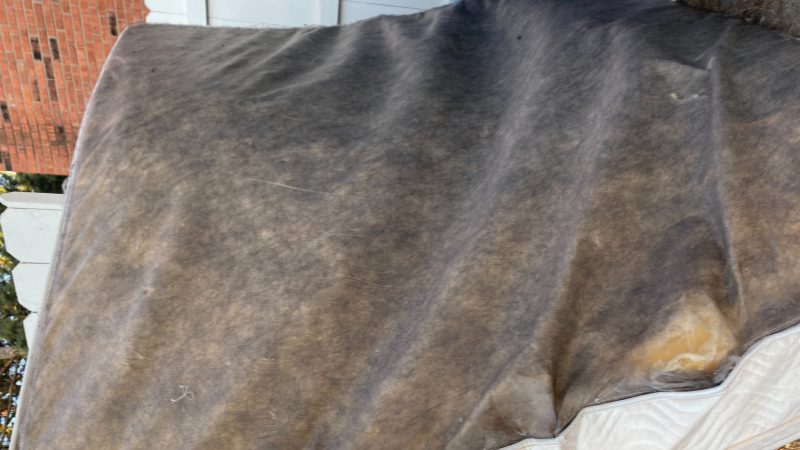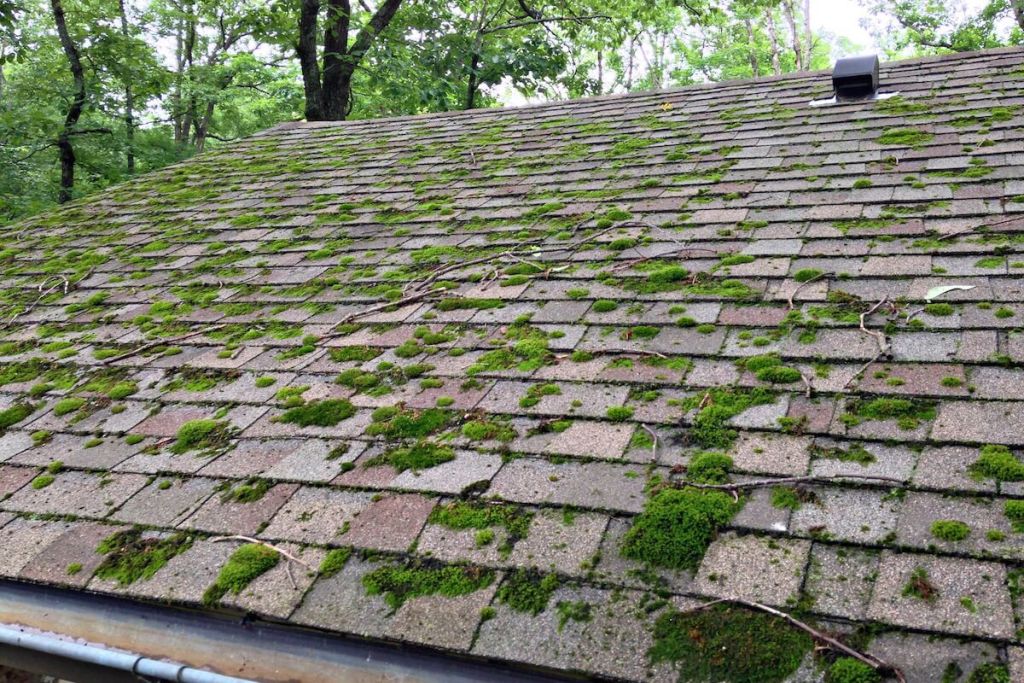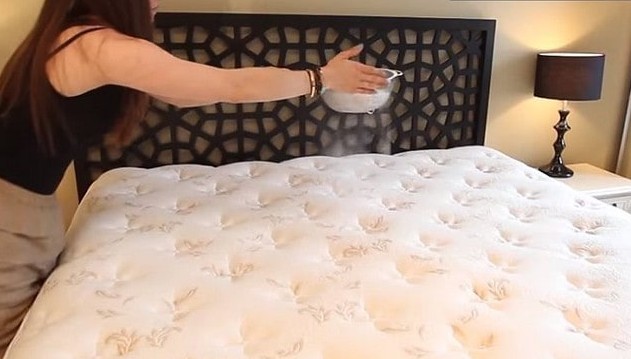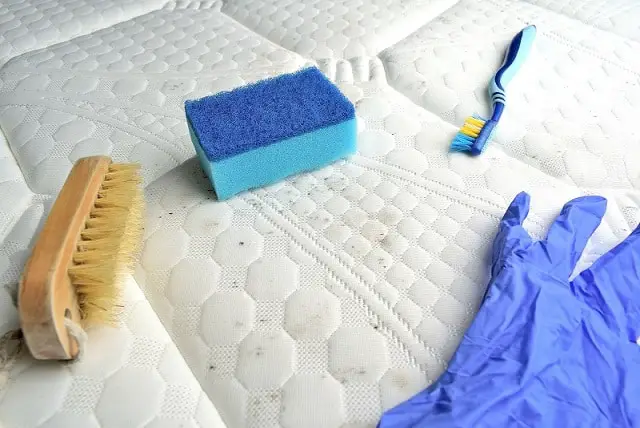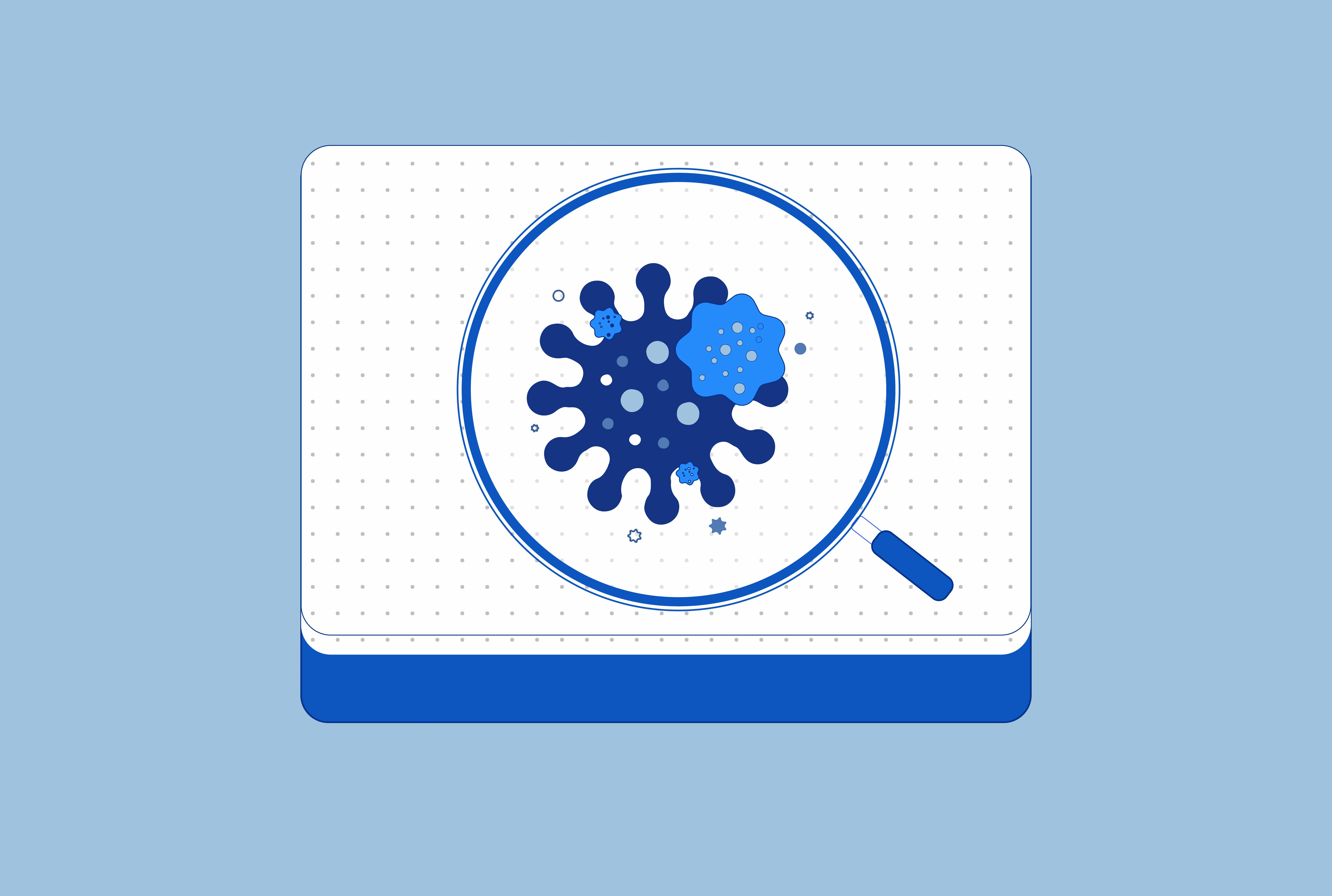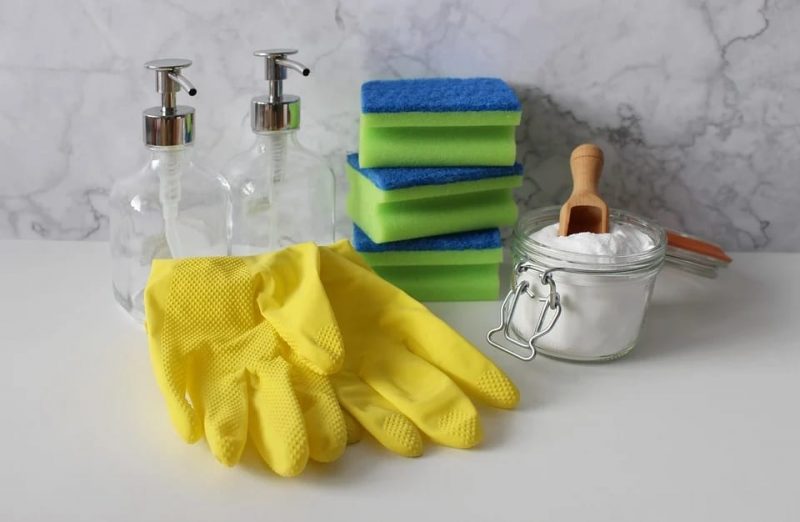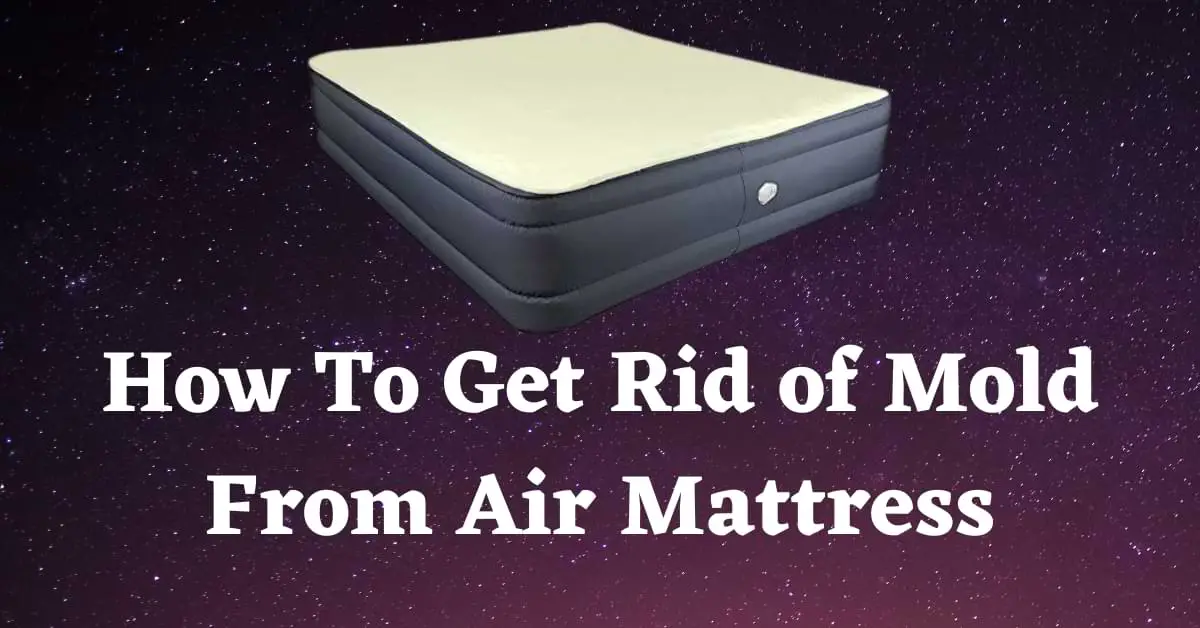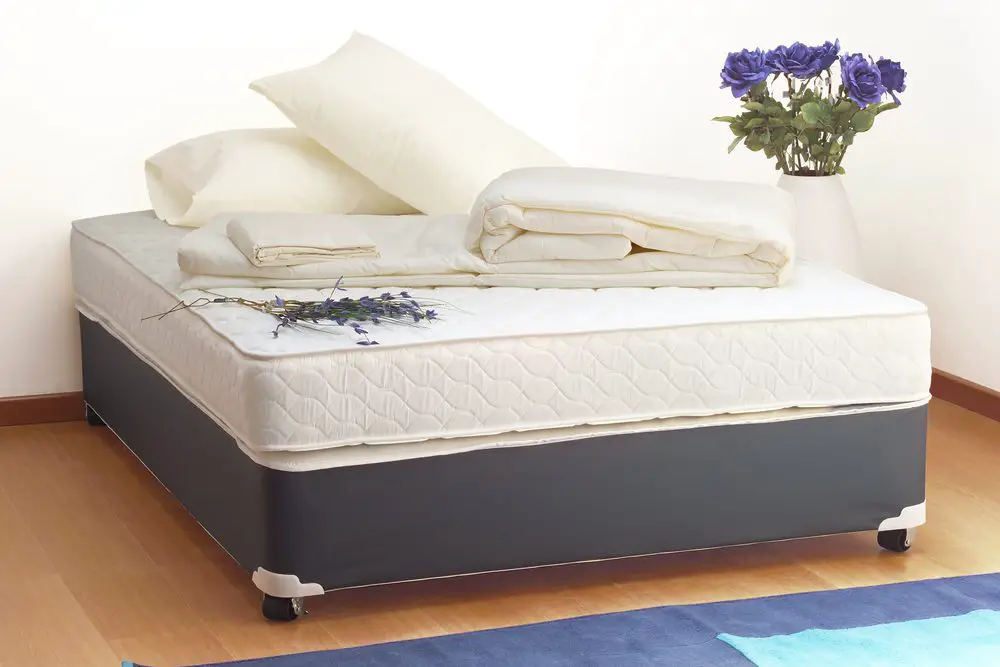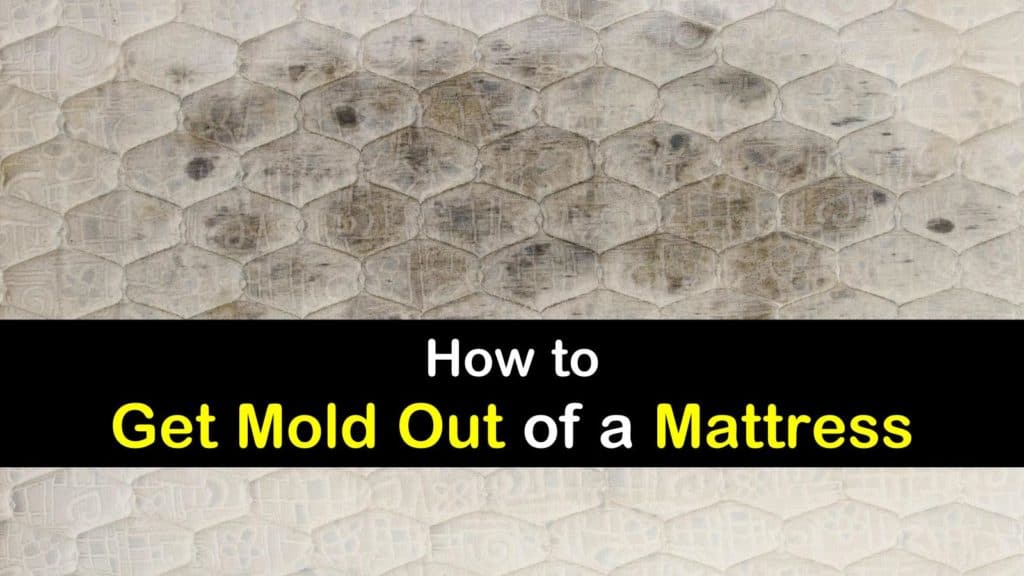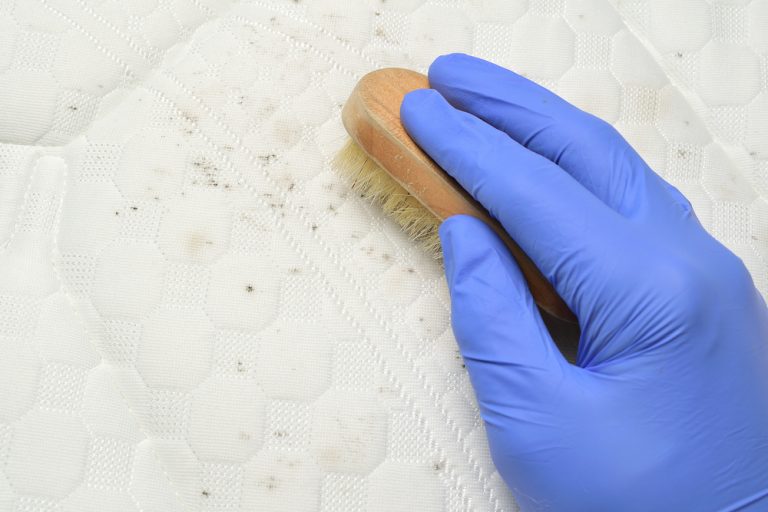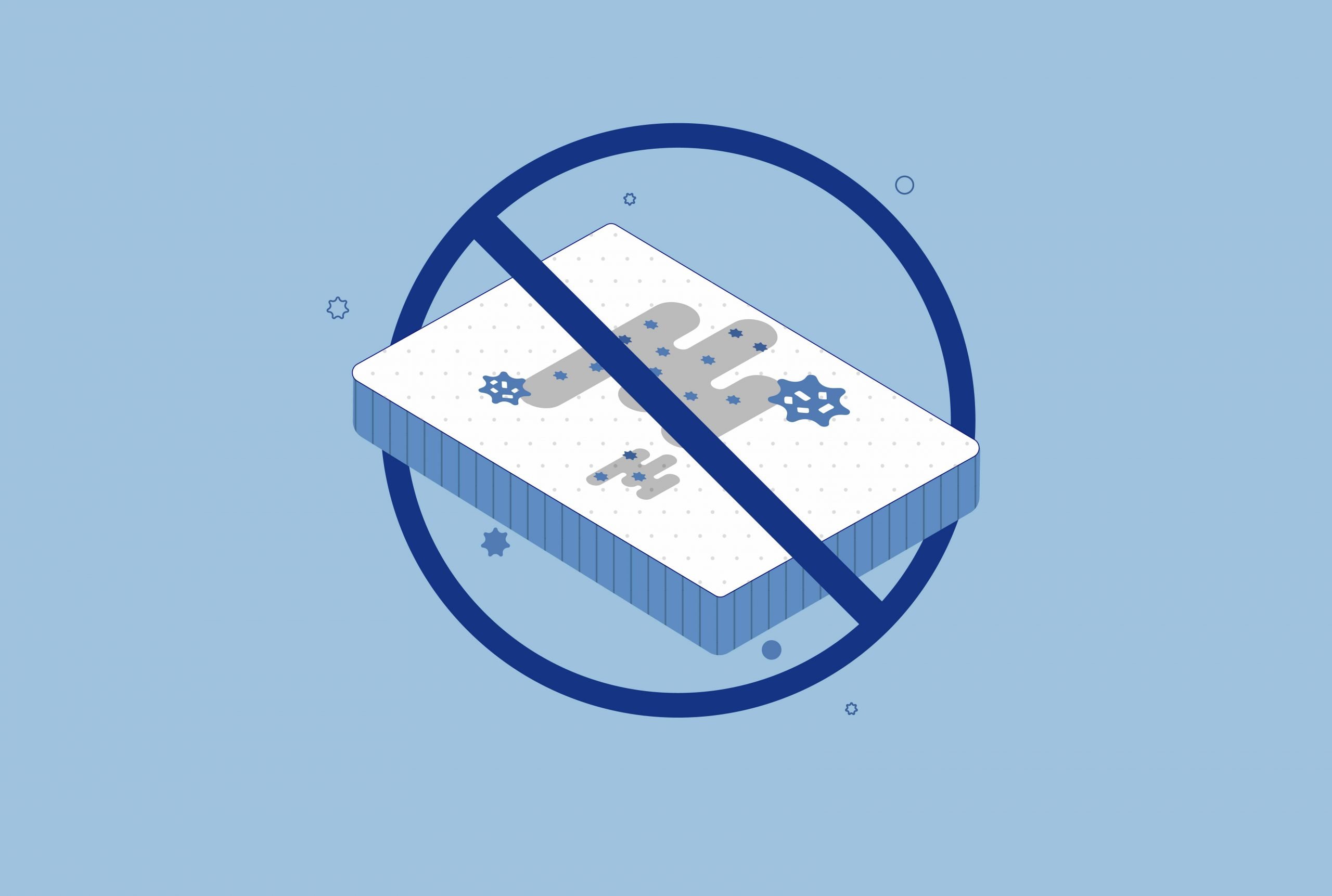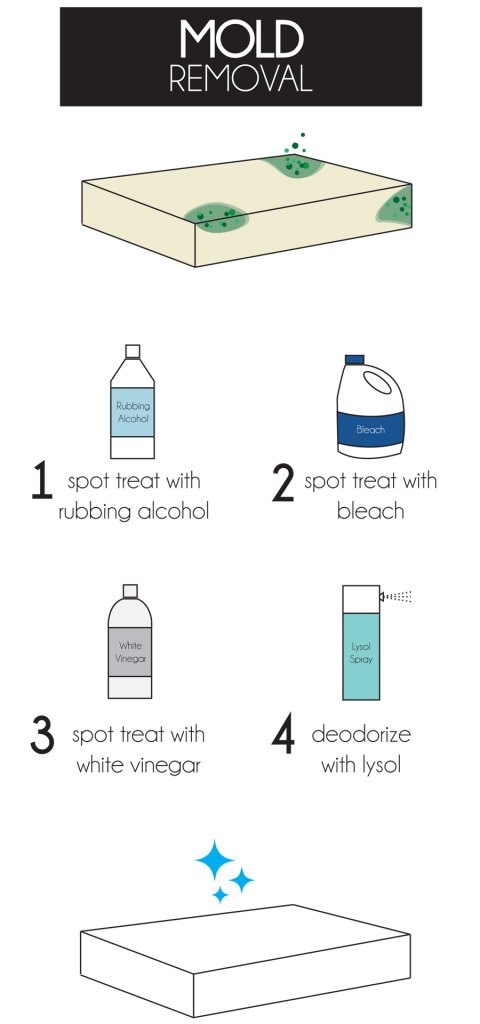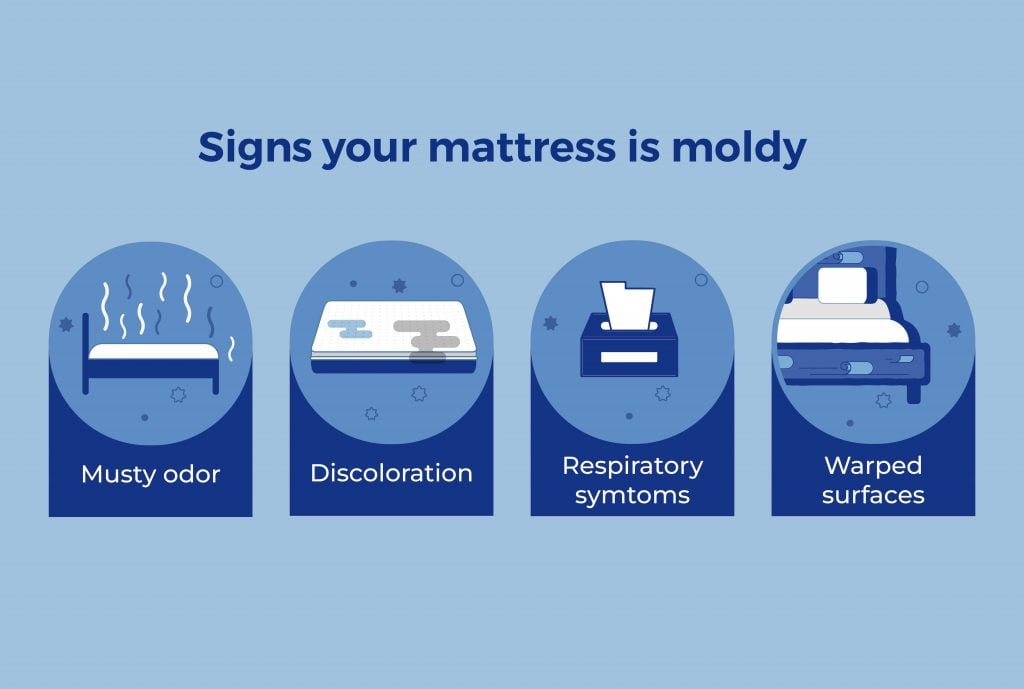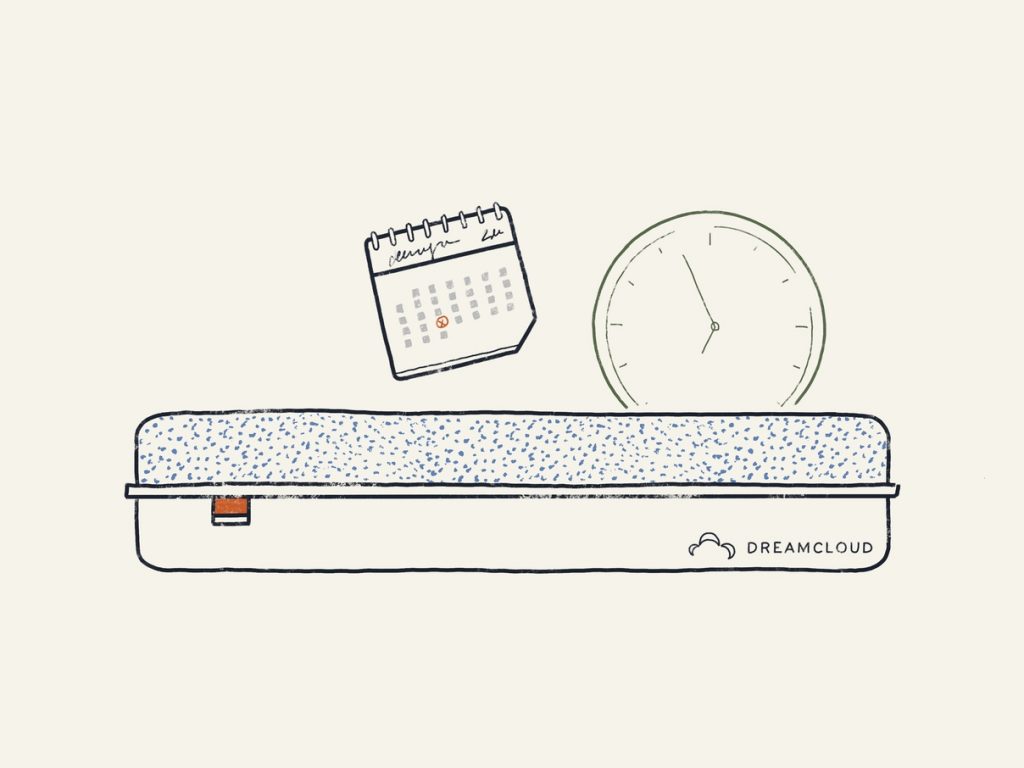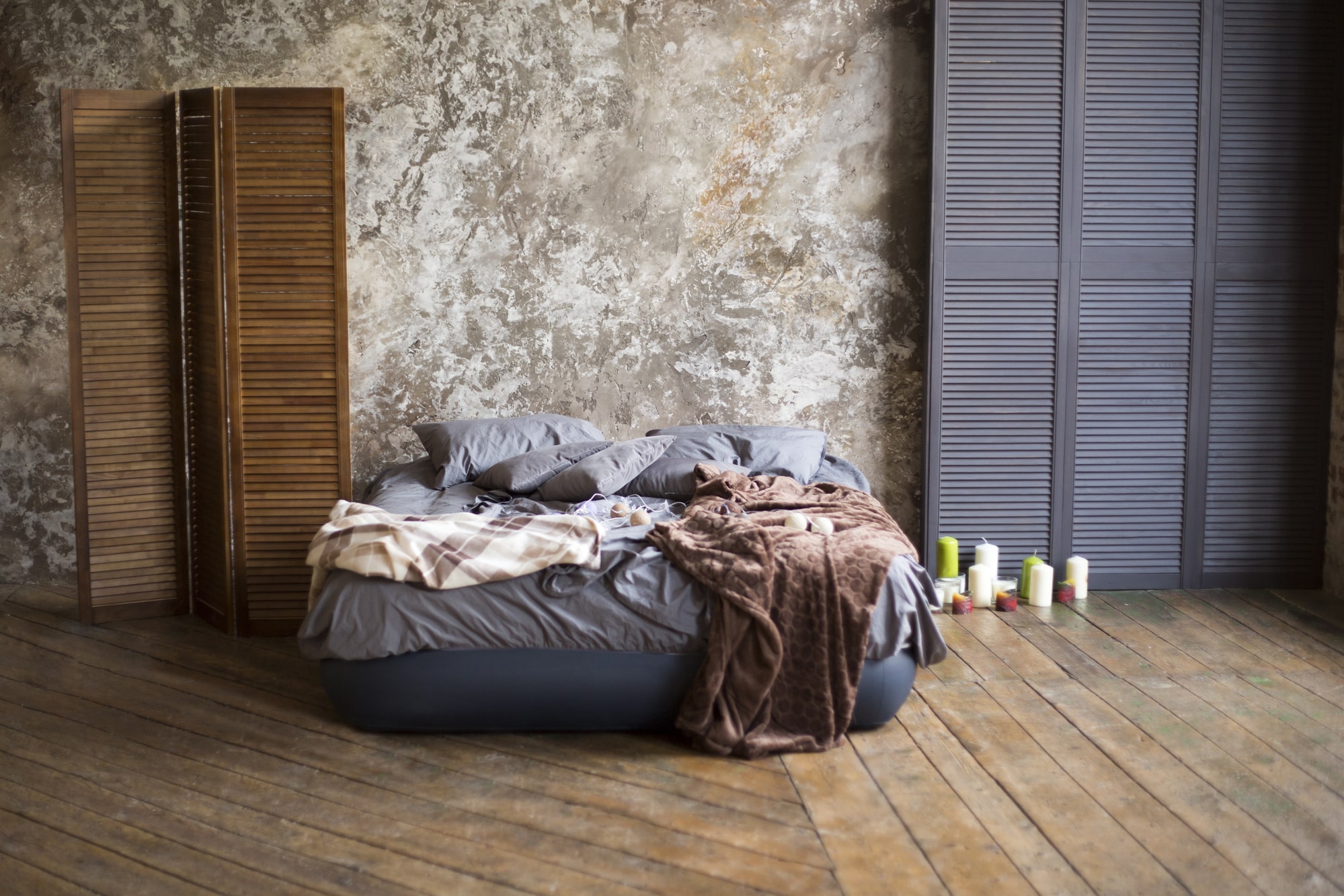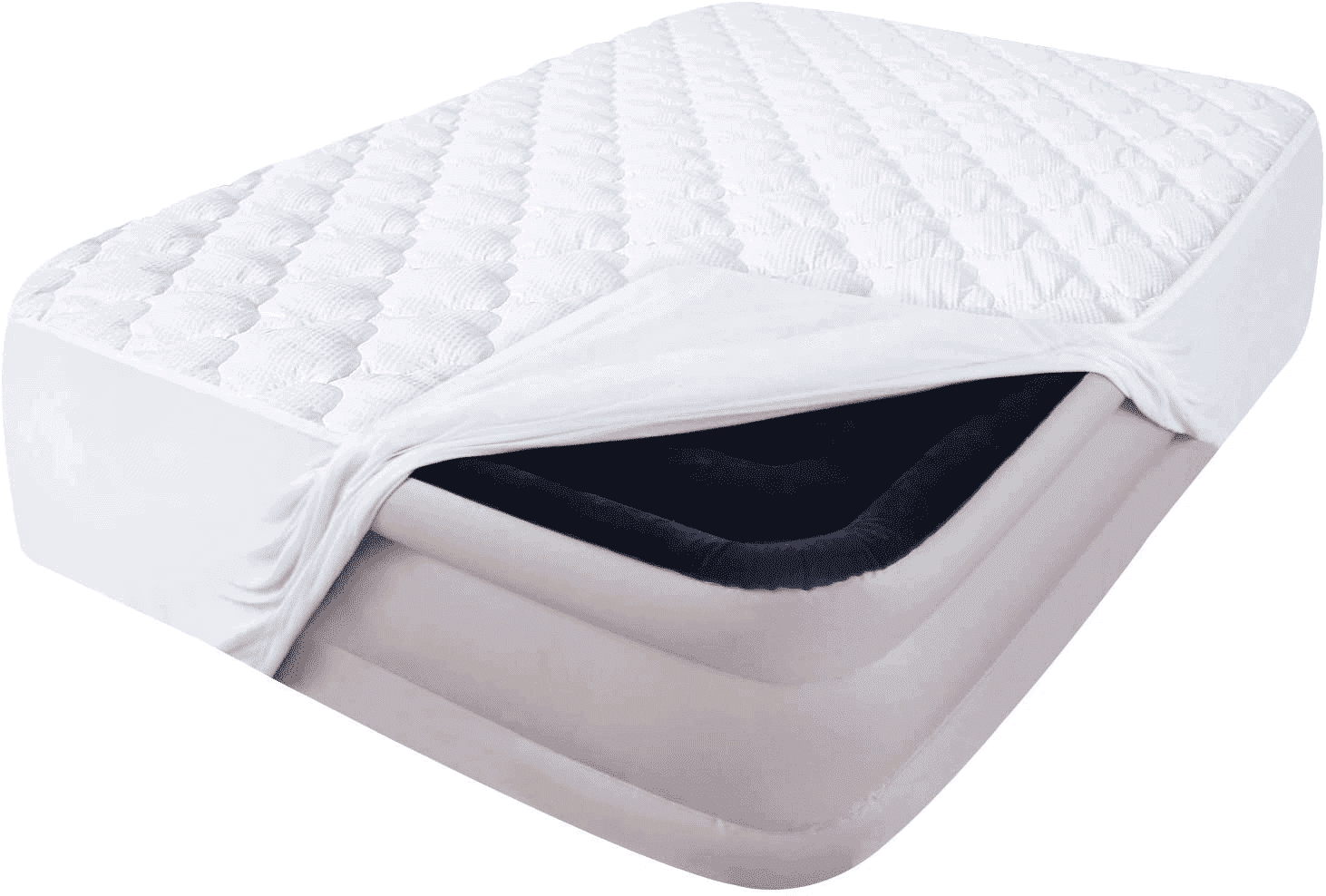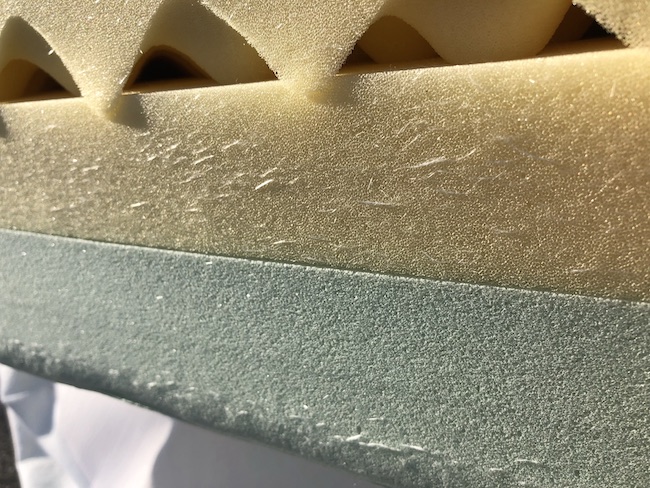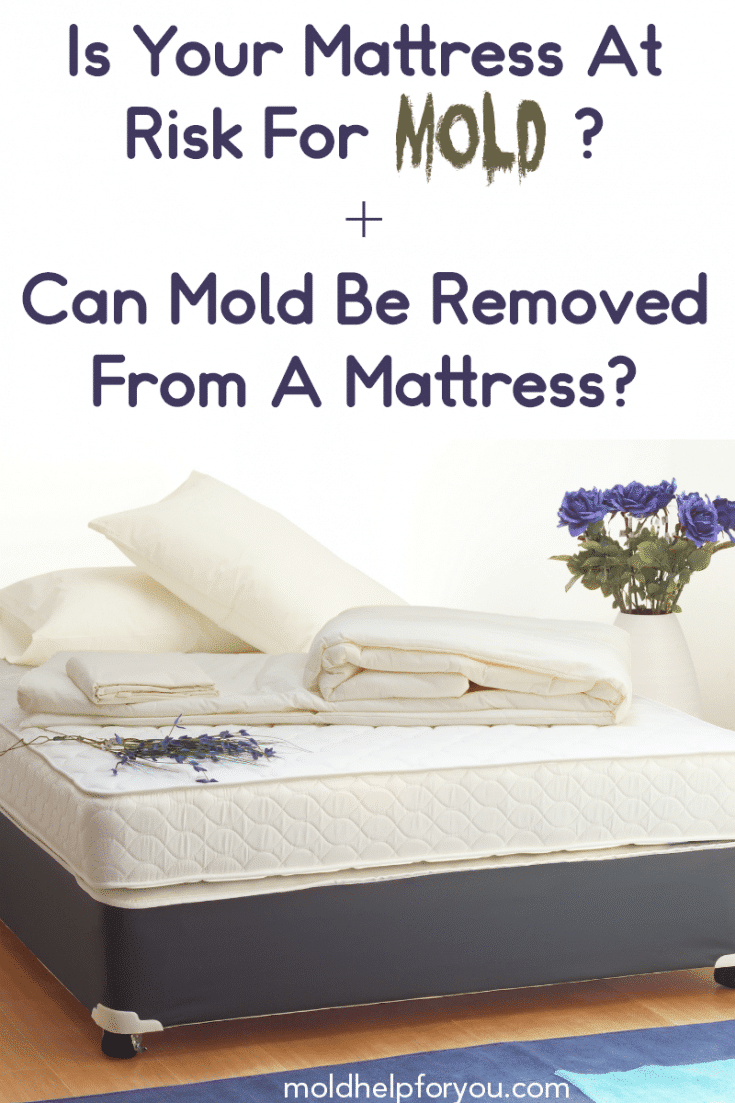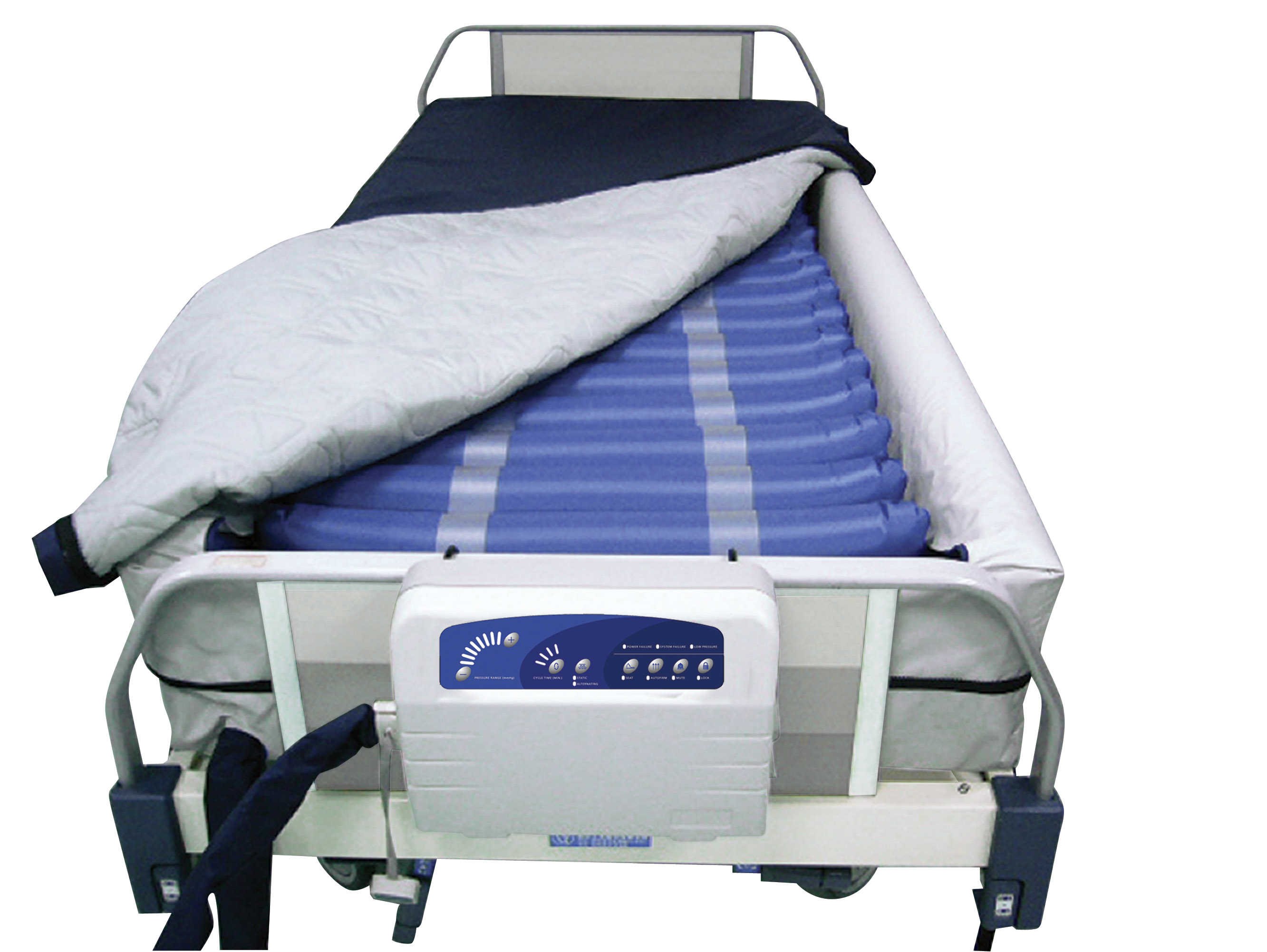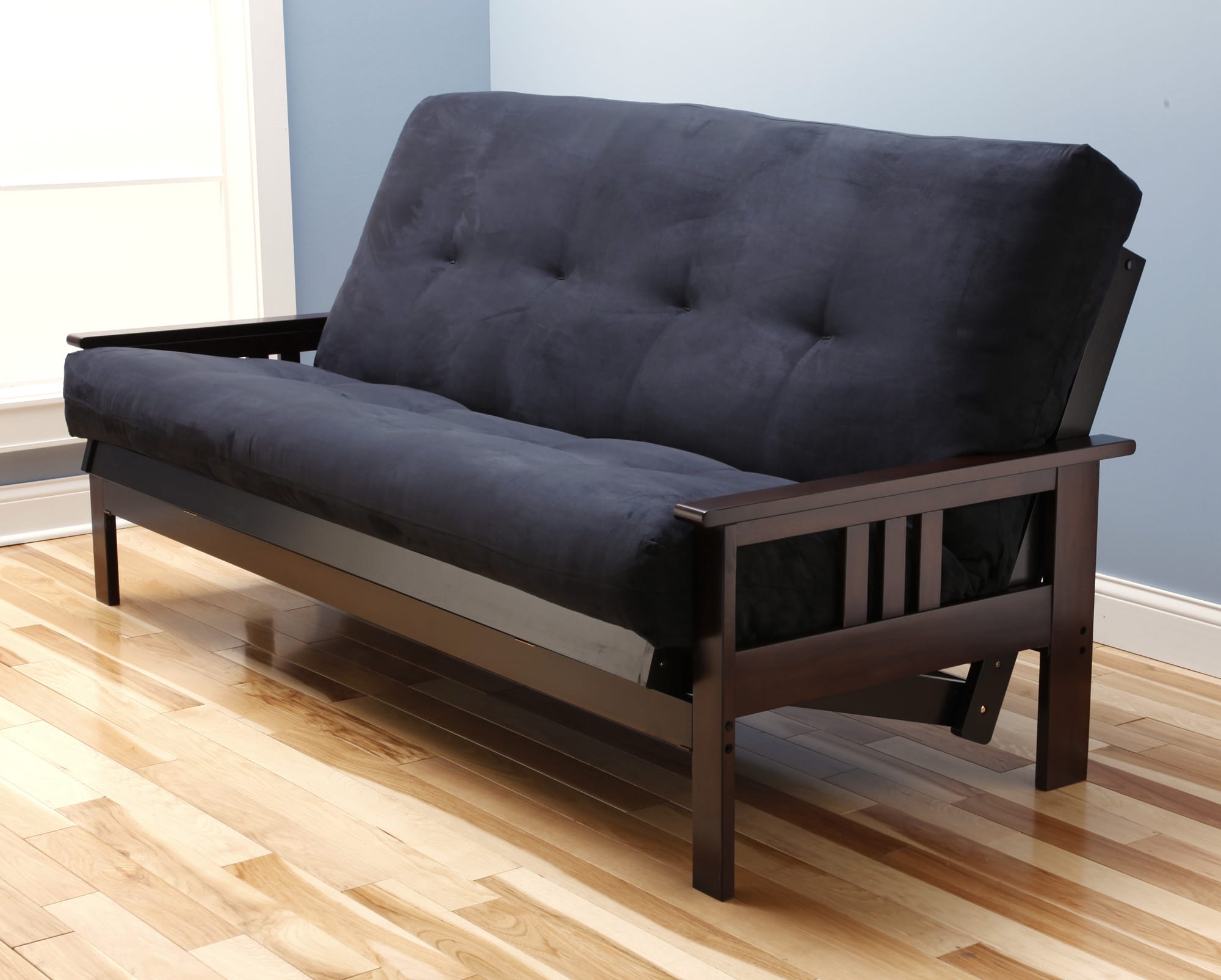Sleeping on a moldy mattress may seem like an innocent mistake, but it can actually have serious consequences for your health. Mold is a type of fungus that thrives in warm and damp environments, making your mattress the perfect breeding ground. When you sleep on a moldy mattress, you are exposing yourself to a variety of health risks that can have long-term effects on your well-being. Moldy mattress health risks include respiratory issues, allergies, and even infections. This is because mold produces spores that can be easily inhaled while you sleep, causing irritation and inflammation in your respiratory system. These spores can also trigger allergic reactions, especially in those who are sensitive to mold. Additionally, mold can also release mycotoxins, which are toxic substances that can cause infections in your body.Health Risks of Sleeping on a Moldy Mattress
If you suspect that your mattress may be infested with mold, it is important to take immediate action to clean it. The first step is to remove all bedding and covers from the mattress and wash them with hot water to kill any mold spores. Next, use a vacuum cleaner with a HEPA filter to thoroughly clean the surface of the mattress and remove any visible mold. You can also use a mixture of water and vinegar to disinfect the mattress and kill any remaining mold spores. Finally, make sure to dry the mattress completely before putting bedding back on.How to Clean a Moldy Mattress
In some cases, you may not be able to see mold on your mattress, but there are still signs that can indicate its presence. These include a musty or unpleasant smell, visible stains or discoloration, and a feeling of dampness when you touch the mattress. If you experience any of these signs, it is important to take action and thoroughly clean your mattress to prevent any health risks.Signs of a Moldy Mattress
The best way to deal with a moldy mattress is to prevent it from happening in the first place. One of the most effective ways to prevent mold growth is to keep your bedroom well-ventilated. This means opening windows regularly to let fresh air in and using a dehumidifier to keep the humidity levels under control. It is also important to regularly clean and change your bedding to prevent any moisture buildup.How to Prevent Mold Growth on Your Mattress
If you have been sleeping on a moldy mattress without realizing it, you may be worried about the potential health consequences. The first step is to thoroughly clean and disinfect your mattress as described earlier. You can also consult a doctor if you experience any respiratory or allergy symptoms that may be related to mold exposure. It is also a good idea to monitor your health and seek medical attention if you notice any changes or worsening of symptoms.What to Do if You've Been Sleeping on a Moldy Mattress
If you have a severe mold problem on your mattress that cannot be solved with simple cleaning, it may be necessary to get rid of the mattress altogether. Mold can be difficult to completely remove from a mattress, and it is not worth risking your health by continuing to sleep on a contaminated surface. Make sure to properly dispose of the mattress and replace it with a new one to avoid any further health risks.How to Get Rid of Mold on Your Mattress
The dangers of sleeping on a moldy mattress cannot be overstated. Not only can mold cause respiratory issues and allergies, but it can also have long-term effects on your overall health. Prolonged exposure to mold can weaken your immune system and make you more susceptible to infections and illnesses. It is essential to take action and avoid sleeping on a moldy mattress to protect your health.Why You Should Never Sleep on a Moldy Mattress
The best way to determine if your mattress is moldy is to thoroughly inspect it for any signs of mold. This includes looking for visible stains or discoloration and checking for a musty smell. You can also use a mold testing kit to confirm the presence of mold. If you suspect that your mattress may be moldy, it is important to take immediate action and clean it to prevent any potential health risks.How to Tell if Your Mattress is Moldy
As discussed earlier, the dangers of sleeping on a moldy mattress are not to be taken lightly. In addition to respiratory issues and allergies, prolonged exposure to mold can also cause fatigue, headaches, and even mental health issues. It is essential to keep your sleeping environment clean and free of mold to ensure your overall well-being.The Dangers of Sleeping on a Moldy Mattress
If you develop allergies due to sleeping on a moldy mattress, there are steps you can take to alleviate your symptoms. These include using an air purifier in your bedroom, taking over-the-counter antihistamines, and using nasal sprays to reduce congestion. It is also important to continue keeping your bedroom clean and well-ventilated to prevent any further mold growth.How to Treat Mold Allergies Caused by a Moldy Mattress
The Dangers of Sleeping on a Moldy Mattress

The Importance of a Clean and Healthy Mattress
 When it comes to creating a comfortable and healthy living space, the state of your mattress should not be overlooked. After all, we spend about a third of our lives sleeping, and the quality of our sleep can greatly impact our overall well-being. While many people focus on factors such as mattress firmness and material, one crucial aspect that often gets neglected is the cleanliness of the mattress.
Mold
is a common issue that can develop on a mattress, especially if it is not properly maintained. Mold is a type of fungus that thrives in warm, damp environments and can be found on almost any surface, including mattresses. It can cause a range of health issues, from mild allergies to serious respiratory problems.
Sleeping on a moldy mattress
exposes you to these health risks, and it is essential to understand the dangers and take necessary precautions.
When it comes to creating a comfortable and healthy living space, the state of your mattress should not be overlooked. After all, we spend about a third of our lives sleeping, and the quality of our sleep can greatly impact our overall well-being. While many people focus on factors such as mattress firmness and material, one crucial aspect that often gets neglected is the cleanliness of the mattress.
Mold
is a common issue that can develop on a mattress, especially if it is not properly maintained. Mold is a type of fungus that thrives in warm, damp environments and can be found on almost any surface, including mattresses. It can cause a range of health issues, from mild allergies to serious respiratory problems.
Sleeping on a moldy mattress
exposes you to these health risks, and it is essential to understand the dangers and take necessary precautions.
The Dangers of Sleeping on a Moldy Mattress
 Mold on a mattress can go unnoticed for a long time, as it often grows beneath the surface, making it difficult to detect. This makes it even more dangerous, as you may not even realize that you are sleeping on a moldy mattress. The toxins produced by mold can cause allergic reactions, such as sneezing, coughing, and watery eyes. Prolonged exposure to mold can also weaken the immune system and make you more susceptible to respiratory infections.
Additionally, mold can aggravate existing health conditions, such as asthma and bronchitis. It can also cause skin irritations, headaches, and fatigue, making it difficult to get a good night's sleep.
Sleeping on a moldy mattress
can significantly impact your overall health and well-being, so it is crucial to address this issue promptly.
Mold on a mattress can go unnoticed for a long time, as it often grows beneath the surface, making it difficult to detect. This makes it even more dangerous, as you may not even realize that you are sleeping on a moldy mattress. The toxins produced by mold can cause allergic reactions, such as sneezing, coughing, and watery eyes. Prolonged exposure to mold can also weaken the immune system and make you more susceptible to respiratory infections.
Additionally, mold can aggravate existing health conditions, such as asthma and bronchitis. It can also cause skin irritations, headaches, and fatigue, making it difficult to get a good night's sleep.
Sleeping on a moldy mattress
can significantly impact your overall health and well-being, so it is crucial to address this issue promptly.
Preventing and Treating Mold on Your Mattress
 The best way to prevent mold growth on your mattress is by keeping it clean and dry. Regularly vacuuming and airing out your mattress can help prevent the buildup of mold. If you notice any dampness or musty odors, it is essential to address it immediately. You can also use a protective cover for your mattress, which can help prevent moisture from seeping in and creating a breeding ground for mold.
If you suspect that your mattress may have mold, it is crucial to take action right away. You can try cleaning the affected area with a mixture of vinegar and water or using a natural mold cleaner. However, if the mold is extensive, it is best to seek professional help.
Removing mold
from a mattress can be a challenging and potentially hazardous task, so it is best to leave it to the experts.
The best way to prevent mold growth on your mattress is by keeping it clean and dry. Regularly vacuuming and airing out your mattress can help prevent the buildup of mold. If you notice any dampness or musty odors, it is essential to address it immediately. You can also use a protective cover for your mattress, which can help prevent moisture from seeping in and creating a breeding ground for mold.
If you suspect that your mattress may have mold, it is crucial to take action right away. You can try cleaning the affected area with a mixture of vinegar and water or using a natural mold cleaner. However, if the mold is extensive, it is best to seek professional help.
Removing mold
from a mattress can be a challenging and potentially hazardous task, so it is best to leave it to the experts.
In Conclusion
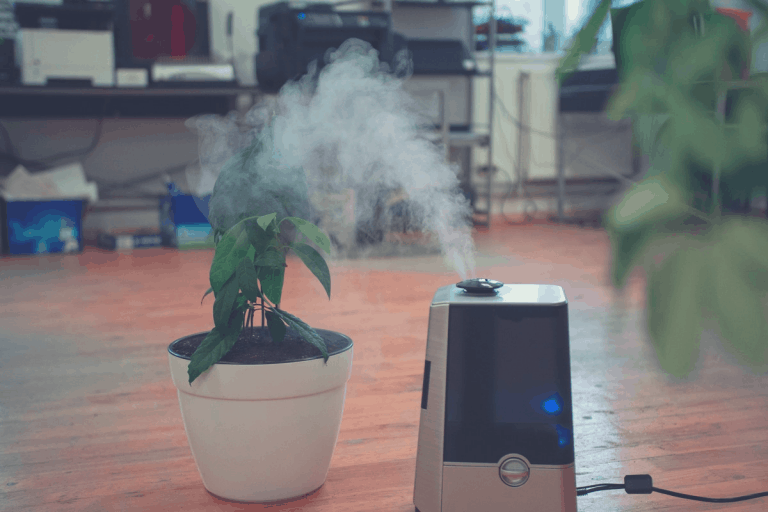 In conclusion,
sleeping on a moldy mattress
is a health hazard that should not be taken lightly. It can cause a range of health issues and significantly impact the quality of your sleep. Regularly cleaning and maintaining your mattress is crucial in preventing mold growth, but if you do notice any signs of mold, it is essential to take immediate action. Investing in a good quality mattress and proper maintenance can go a long way in ensuring a clean and healthy sleeping environment. Don't let a moldy mattress affect your health and well-being, take the necessary steps to keep your mattress clean and safe.
In conclusion,
sleeping on a moldy mattress
is a health hazard that should not be taken lightly. It can cause a range of health issues and significantly impact the quality of your sleep. Regularly cleaning and maintaining your mattress is crucial in preventing mold growth, but if you do notice any signs of mold, it is essential to take immediate action. Investing in a good quality mattress and proper maintenance can go a long way in ensuring a clean and healthy sleeping environment. Don't let a moldy mattress affect your health and well-being, take the necessary steps to keep your mattress clean and safe.



:max_bytes(150000):strip_icc()/what-are-the-symptoms-of-sleep-deprivation-3015161_color4-5b42c4ddc9e77c00374089b8.png)








